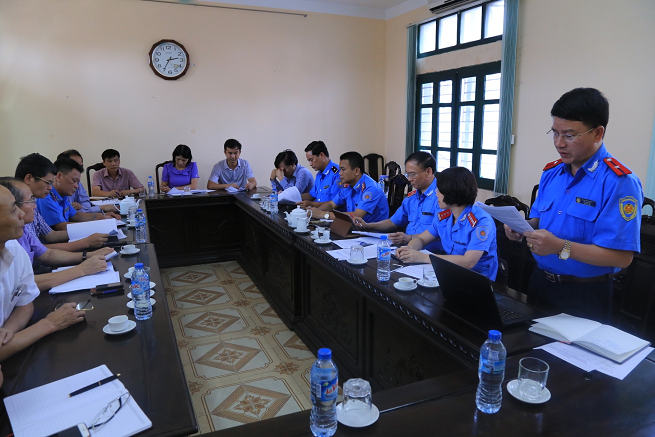Resolution 27/NQ-TW on the reform of salary policies for officials and public employees, armed forces, and laborers in enterprises, effective from May 21, 2018.

Illustrative image
One of the significant contents of wage policy reform for employees in enterprises is the regional minimum wage. To be specific, according to the Resolution, it is emphasized that policies on the regional minimum monthly wage will be continuously improved; add the regulation on the regional minimum hourly wage to enhance the coverage of the minimum wage and meet the flexibility of the labor market.
In addition, the regional minimum wage will be adjusted to ensure the minimum living standard of employees and wage-earning families, in relation to labor market factors and socio-economic development (labor supply and demand, economic growth rate, consumer price index, labor productivity, employment, unemployment, payment ability of enterprises...).
Thus, according to this Resolution, instead of only having a regional minimum wage on a monthly basis as currently, the regional minimum hourly wage will be supplemented to enhance the coverage of the minimum wage and meet the flexibility of the labor market.
Moreover, regarding the wage and income management mechanism, the Resolution clearly stipulates that enterprises (including enterprises with 100% state capital) are allowed to decide their wage policies (including wage scales, wage tables, labor norms) and pay wages no lower than the minimum wage announced by the State and based on collective labor agreements, suitable to production organization, labor organization, the capability of the enterprise, and be made public at the workplace.
Nguyen Trinh
 Article table of contents
Article table of contents
![[InfoGraphic] 6 forms of discipline for officials and public employees under Decree 71/2016/ND-CP](https://cdn.lawnet.vn//uploads/NewsThumbnail/2016/07/12/1319291-01.png)




.Medium.png)
.Medium.png)
.Medium.png)
.Medium.png)
